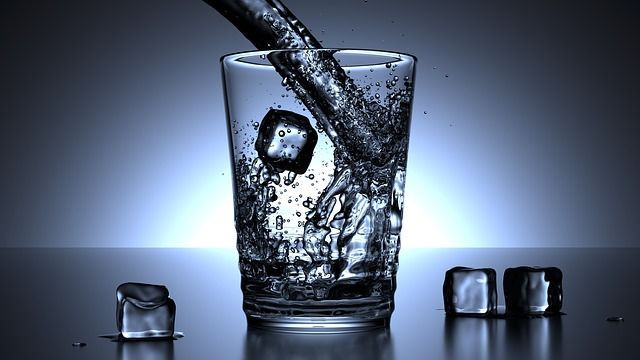How Much Water Do We Need To Drink? Body’s Defense Against Overhydration Revealed

Water is important, but how much do we really need to drink? A new study from researchers at Monash University has revealed the physiological mechanism that regulates fluid intake and stops us from overdrinking; the study also suggests that “eight glasses of water a day” is more of an urban legend than concrete science.
Thirst is our body's way of telling us we need to drink. The new research shows that difficulty swallowing is our body telling us we’ve had enough. The new study has revealed that when we are fully hydrated, our bodies can make it more difficult to swallow water in an attempt to keep us from overhydration.
For the study, the team had individuals rate the effort it took to swallow water, both after they had exercised and were thirsty, and again when they purposely drank water in excess. Volunteers noted that it was up to three times more difficult to swallow when they had already drank a large quantity of water.
"Here for the first time we found effort-full swallowing after drinking excess water which meant they were having to overcome some sort of resistance," explained Michael Farrell, one of the researchers involved in the study, in a recent statement. "This was compatible with our notion that the swallowing reflex becomes inhibited once enough water has been drunk."
The finding proves something that experts have long suspected: We only need to drink when we are thirsty.
“There has been a myth drinking 6-8 glasses of water a day (is necessary). No data or science...support(s) that volume of water,” Dr. Adrienne Youdim, who specializes in medical nutritional therapy and medical weight loss, told Medical Daily. “The large majority of people have a physiologic mechanism for thirst and we get adequate water by using this mechanism.”
In fact, not only is overhydration unnecessary, it can be downright deadly. According to Health Line, drinking too much water can throw off the balance of water and sodium in our blood. This can lead to a number of serious health problems, such as nausea and vomiting, headaches, and disorientation. If left untreated, overhydration can cause seizes, coma, and even death.
According to Youdim, she simply tells her patients to follow their instincts towards drinking and try and stay hydrated throughout the day without having to adhere to a set amount of glasses.
“If you are responding to your body's thirst mechanism and if you are doing that with four glasses of water a day then so be it. I would not mandate you should double that,” said Youdim.
Source: Saker P, Farrell M, Egan G, McKinley M, Denton D. Overdrinking, swallowing inhibition, and regional brain responses prior to swallowing. Proceedings of the National Academy of Sciences . 2016
Read More:
Water Intoxication: Just How Much H2O Does It Take To Kill A Person? Read Here
Drinking Too Much Water Can Be Deadly: New Guidelines On Healthy Water Consumption Warns Against The Wrong Amount: Read Here
Published by Medicaldaily.com



























